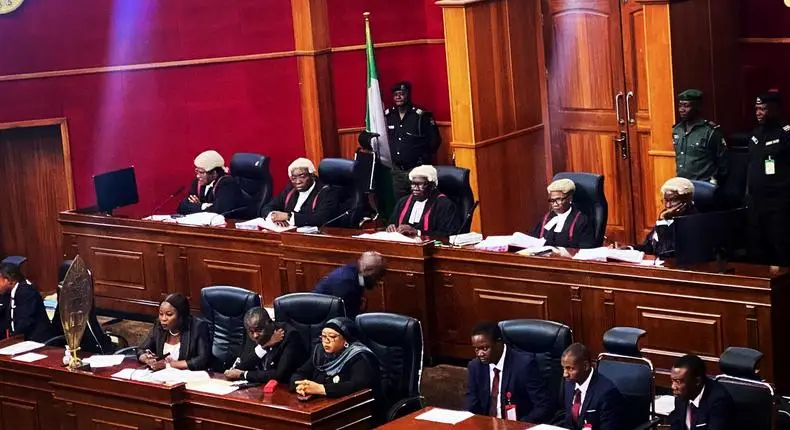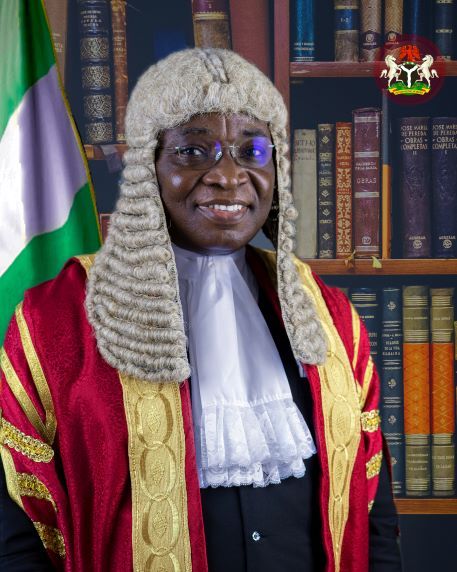PROFILES: Presidential Election: Things to note about five judges who’ll decide Tinubu’s fate

Again, INEC rejects Obi’s request to tender exhibits in 17 states against Tinubu’s election

Again, INEC rejects Obi’s request to tender exhibits in 17 states against Tinubu’s election
![Hon. Haruna Simon Tsammani, one of the judges sitting at Nigeria's Presidential Election Petition. [PHOTO CREDIT: Official webpage of Court of Appeal]](https://osmeknews.com/wp-content/uploads/2023/05/Justice_4_8bc365728f.jpeg)

![Hon. Justice Misitura O. Bolaji-Yusuf, one of the judges sitting at Nigeria's Presidential Election Petition. [PHOTO CREDIT: Official webpage of Court of Appeal]](https://osmeknews.com/wp-content/uploads/2023/05/Hon.-Justice-Misitura-O.-Bolaji-Yusuf.jpeg)
![Hon. Justice Boloukuoromo Moses Ugo, one of the judges sitting at Nigeria's Presidential Election Petition. [PHOTO CREDIT: Official webpage of Court of Appeal]](https://osmeknews.com/wp-content/uploads/2023/05/moses-ugo.jpg)
![Hon. Justice Abba Bello Mohammed, one of the judges sitting at Nigeria's Presidential Election Petition. [PHOTO CREDIT: Official webpage of Court of Appeal]](https://osmeknews.com/wp-content/uploads/2023/05/Justice_30_94a02ed591-1.jpeg)
Notifications